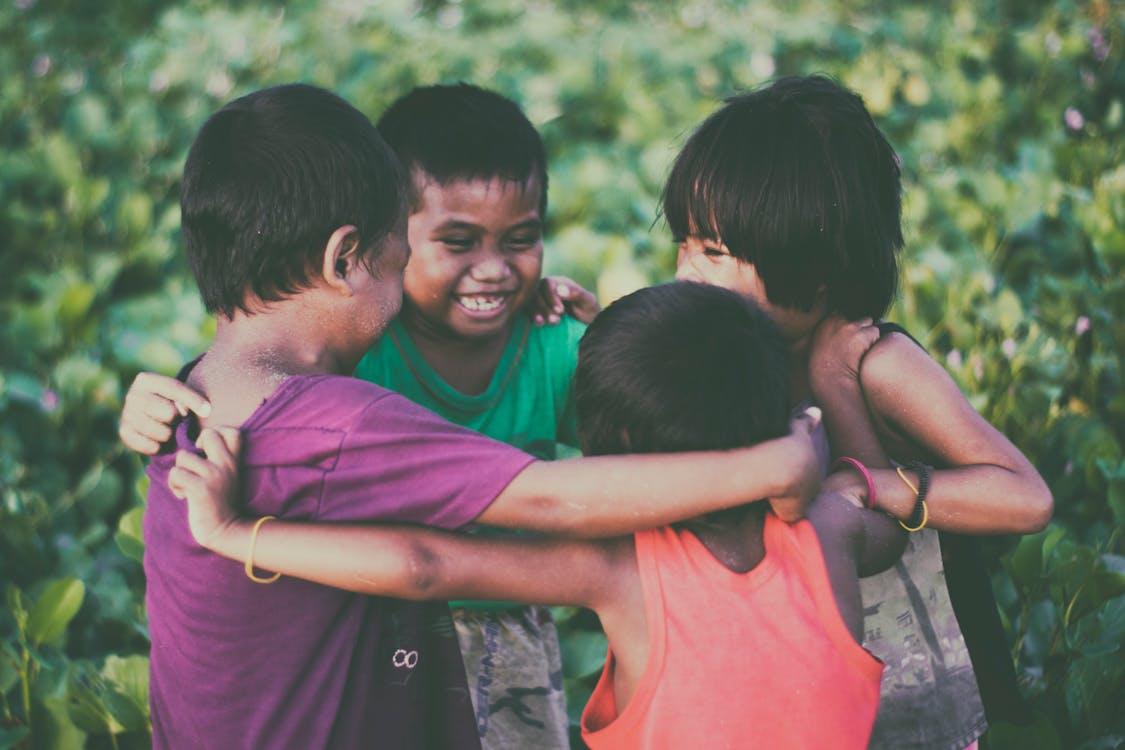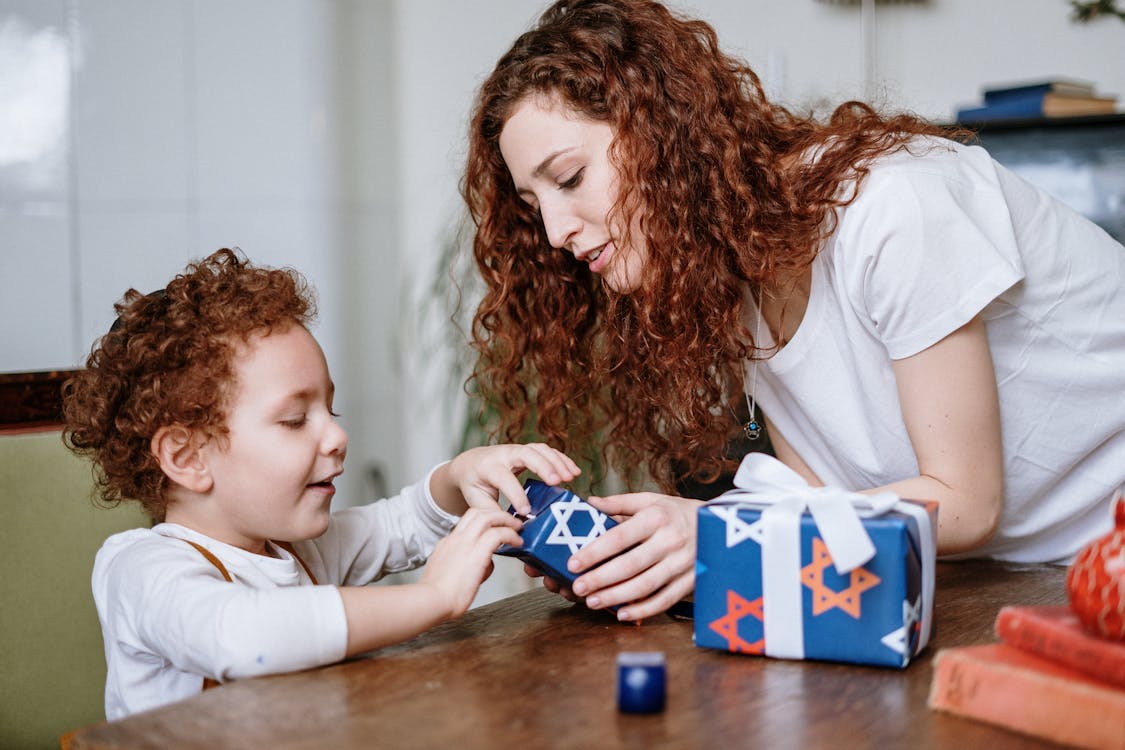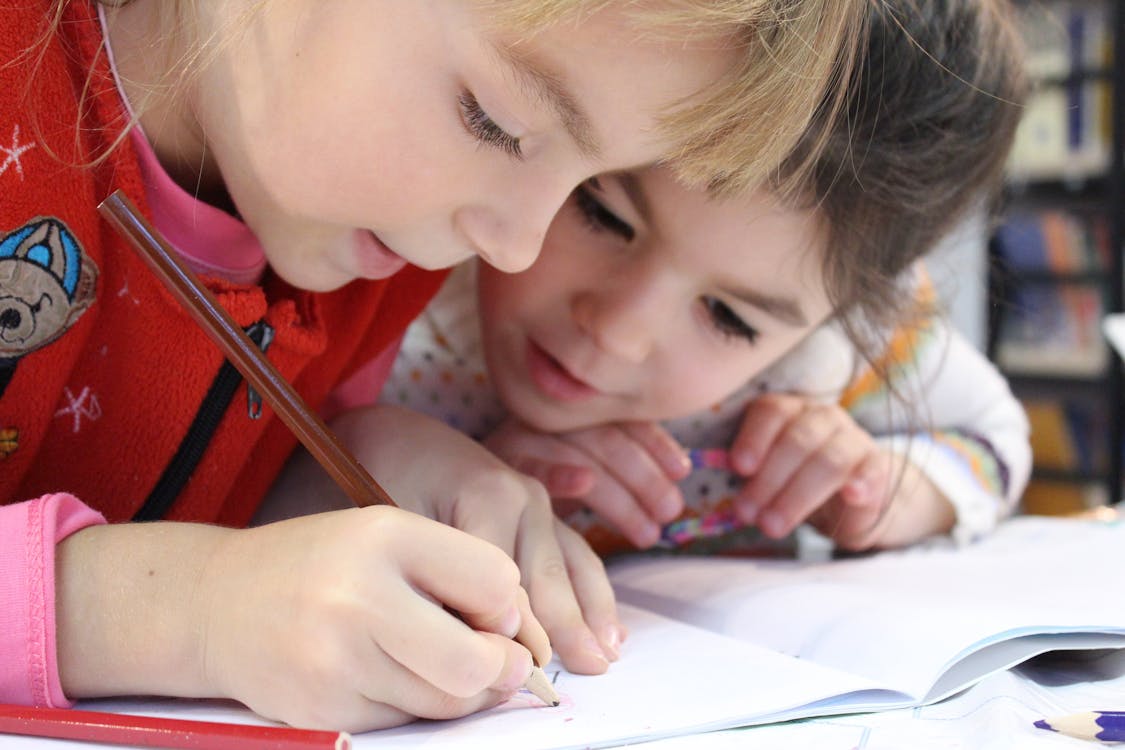No parent wants to see their children suffering and in vain. However, raising a kid in this new generation can be quite challenging and demands hard work.
Instead of merely nagging the kids to regularly do their routine, parents should teach their children to connect to small tasks, allowing them to perceive their own identity.
It is the parents’ responsibility to equip children to strongly face the failures, struggles, and conflicts that life may inconsiderately throw at them. Parents can use their experiences and knowledge to pass on important life lessons to become fully able to confront their affairs with courage, even without support.
Don’t stop scrolling to understand how you could bring the best out of your children. Here are some tips!
Value of community and their role as an individual
Rather than teaching your kids about knowledge, virtues, kindness, pleases, and thank yous that seems to be too obscure to them, why not allow them to open up their horizons by exposing them to the community?
A study at Harvard University showed that people’s happiness is directly linked to their connection to their community. Oftentimes, modernity drives home individuals neglecting the fact that people are nothing without the whole community to sustain and celebrate their uniqueness.
Showing your child the importance of their position in society against the scale of nature is more significant than simply teaching them the essential traits a human should have.
You can introduce your kids to politeness and kindness by solely greeting and talking to the people in your community. Show them how they should communicate and interact with other people respectfully and how they can help and encourage each other in any possible way. This applies to the way you care for the environment too. If they see how you sincerely care for the environment, they will work as hard as you do to follow your steps.
Introducing the kids to tangible things and exploring the community at a young age is better than injecting their minds with cultural rituals. That way, the virtues you are teaching them won’t remain as vain words but a part of their identity in the community.

Healthy habits are good habits
Do you desire your kids to lead a healthy life? Well, instead of a pushy fight to instill healthful habits in your children, be your own example of the perks and wonders of healthy living.
If you want your children to eat healthily, better show them how you eat fruits, vegetables, grains and how you benefit from consuming them. If you want your kids to exercise, show them how your workout brings out your vigor. On chance, your kids often sleep late; show them how sleeping early increases your energy.
Most of the time, instilling habits in children doesn’t require words. It is by showing them how we live. As the saying goes, we cannot preach the things we don’t practice.
Instill curiosity
Do you want your children to be more observant? Or see him grow up to be a critical thinker? Then instill curiosity in him.
Children are naturally born curious since they are acquiring knowledge on every interaction and experience they have. However, you still have a part to play in opening his curiosity.
You can nourish your kid’s curiosity by providing them opportunities. Children love to learn about the world, and you can start to encourage your child’s curiosity by connecting him or her with nature. Bring him to a park, a zoo, bike trail, or a hike and help him name everything he sees.
Asking is a portal to learn. Hence, asking your children about everyday things will feed up their curiosity. As they grow, you can also promote independent research by honoring them for new learning that they discover themselves.
Moreover, try giving your child-free time to play. This will allow them to practice their imagination. And note not to interrupt unless you ultimately need to.

Introduce resilience
The major problem children face after going out in the comfort of their homes includes adapting to a new environment, bullying, or abuse. Still, resilience is the key to thrive regardless of these challenges.
Resilience is learned by building up connections with parents, teachers, and peers. A positive outlook, proper goal setting, and self-care are all the ingredients to a resilient perspective. These things will help your child to accept gradual change and welcome self-discovery.
Independence
Independence is something a person must achieve in order to grow. It allows children to feel they have control over their lives. Child independence implies they no longer feel completely powerless and helpless to outside world hazards.
Refusing to give your kids to gain independence makes them feel caged, which may result in anger and resistance.
By offering the kids exercises that make them independent, you permit them to acquire confidence. While showing them new abilities, you assist them in strengthening qualities like persistence, focus, self-improvement, and participation. You also advance their sociability, permitting them to build up mindfulness and sensitivity towards others—a significant advantage of empowering juvenile independence: kids figure out how to help people around them.
Self-discipline
Self-discipline helps kids resist dangerous temptations and endure the discomfort that they may face to achieve their goals. From deciding to turn off the computer game to deal with schoolwork and refusing bad companies, self-discipline is the way to support kids in becoming responsible adults.
Allow your child to express themselves
Emotional development and self-expression are vital parts of growing up. You can allow your child to express themselves by supporting their decisions, letting them talk about their feelings, and by offering them an opportunity to choose.
Forfeiting personal expression for congruity prompts lower confidence, misery, and hopelessness in kids. By urging your children to express themselves, you can avoid these negative issues and help them build up creativity, freedom, and self-advocacy.

Direct your child to optimism
When it comes to thinking, perhaps the primary habit of mind that kids should develop is optimism. Children who have idealistic reasoning are stronger. They are less likely to surrender against whatever difficulty this life could bring. They persevere until they find a way out of the challenges.
Direct your children to bring out the best in a bad day and see the positive in every situation. Life is a piece of a beautiful rose, teach your kids to look at the flower and not on its thorns.
Encourage forming relationships
Teaching your kids social dynamics would help them grasp who, when, and how to reach other people. Perhaps, they can also distinguish the people they should hold on to and those they need to let go of under challenging situations.
One of the best lessons a parent could teach their child is forming and maintaining strong relationships. The key? Practice! Start building a solid relationship at home.
Educate your child what generosity is
Take your kids to serve at a nearby poverty-stricken refuge or go on a mission trip. Allow your children to see you being generous and compassionate to those out of luck.
Generosity and kindness are undeniably charming traits that your children will forever thank you for teaching them.
The Bottom Line
There is no perfect way to educate children, but these ten crucial actions might help you raise your child the way you want them to be. Children are the pilots of their own journey; however, it is the parents’ responsibility to help them positively navigate life.
Imparting and showing the most significant life lessons may empower kids to become successful and upright human beings.



